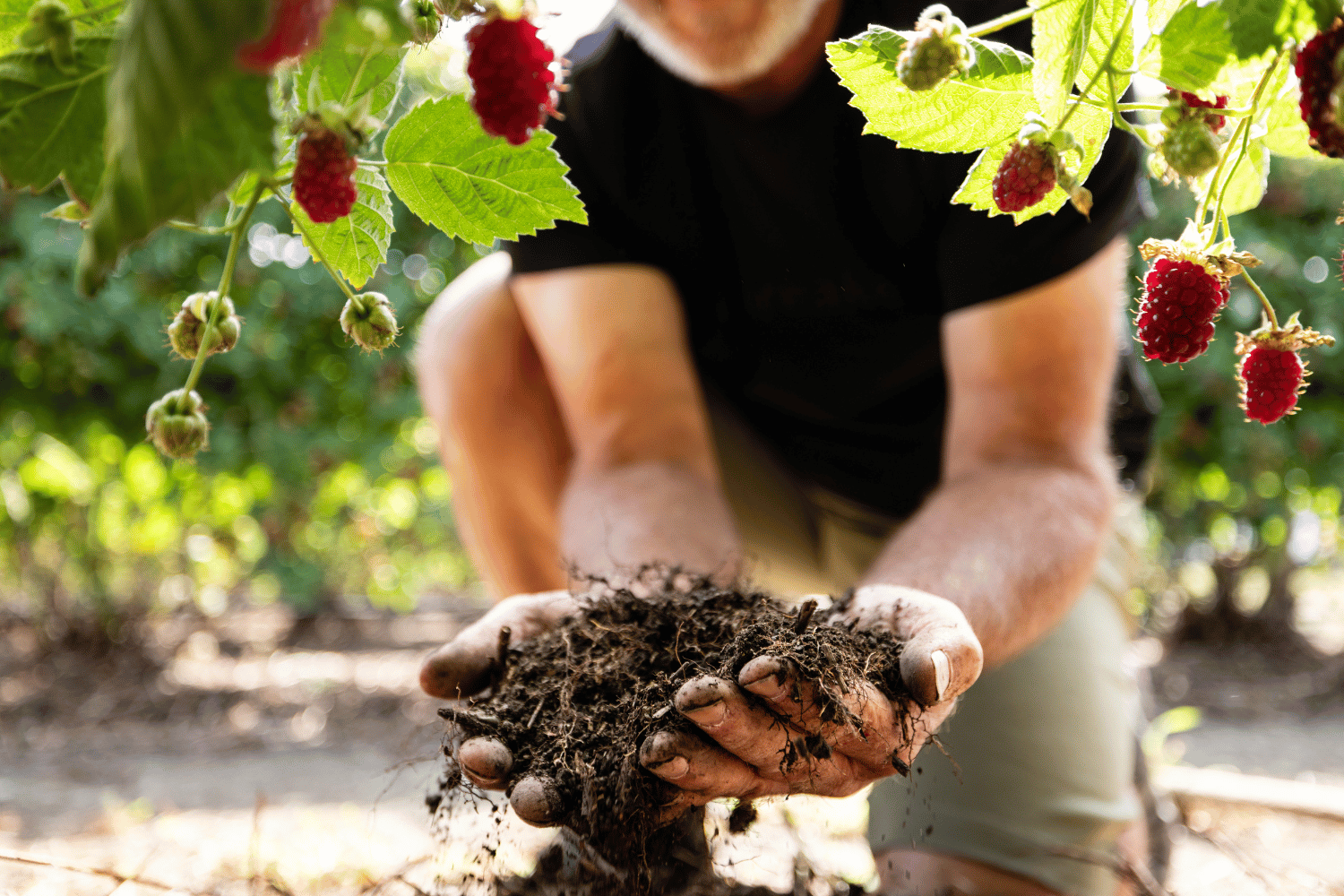Words from a Fellow Psoria(sister)
From the time I was diagnosed with psoriasis at 17, I’ve been riding the ups and downs that come from having the disease. Some days I feel completely overwhelmed and distressed, while on others I feel empowered and ready to share my story with the world. My body has endured many attempts to try and settle the flares, from using steroid creams, diet changes, medications, you name it - the list goes on. While some treatments have helped, I’ve found that eating a healthy nutritious diet, managing my stress levels, and using the right medication to be the most effective ways to control my flare-ups. Although it’s hard to remember sometimes, my leopard spots are a symbol of the resilience and strength I've developed over the years - and I shouldn’t hide them away when they are a little more prominent than usual!
So, what is psoriasis?
Psoriasis is a chronic autoimmune disease that causes itchy, scaly patches on the skin. On a basic level, people with psoriasis have an “over-active” immune system which causes skin cells to grow at a faster rate and triggers itchy and red inflamed skin. While the patches can be found anywhere on the body, the most common are the knees, elbows, trunk, and scalp. One of the biggest misconceptions about psoriasis is that it is contagious. This is not true; the disease stems from deep within the immune system and has been clearly defined as an autoimmune condition. There are many speculations on what causes the disease, although some identifiable factors include: chronic stress, infection, hormones, medications, and hereditary influence.
What causes psoriasis?
My flares tend to pop up when I’m either under a lot of stress or battling the common cold. The first happened when I lost my mum at 16. Of course, this was quite a harrowing and stressful time which was then accompanied by small, reddish spots appearing all over my belly and scalp. After a chat with my family, we thought I’d better see a doctor. Initially, my doctor wasn’t quite sure what the spots were and sent me home with a prescribed steroid cream. The small spots on my scalp and stomach eventually cleared, but later returned with a vengeance alongside an awful case of strep throat, about a year later. My “small spots” were not so small anymore, covering about 70% of my body! After a trip to the Dermatologist, I received my diagnosis. I was told that although there was no cure, there were options I could try to help manage my symptoms, including topical creams, phototherapy, oral medications, and stress relief. On top of these, my symptoms could also be controlled by what was going into my body. This option seemed a little more difficult to achieve, because let’s be honest - my 17-year-old self ate and drank whatever she pleased.
Mental health and psoriasis
The effects psoriasis has on mental health can feel extremely overwhelming at times. It can feel pretty darn isolating when you are the only one at the beach covering up to hide those scaly skin lesions. Sometimes it seems as if I am the only person in my circle of friends who fully understands the hassle of constantly thinking about my skin; the frustration from persistent spots; the discomfort of applying thick, sticky creams every night before bedtime. Luckily, the digital world provides an easy way to connect with others who are also living with psoriasis. There are some wonderfully relatable influencers and resources out there that provide information and a sense of community to those living with an autoimmune condition, and they have really helped me to maintain a positive mindset.
The impact of a healthy diet
Diet is a principal factor that I have learnt not to take for granted when dealing with psoriasis. Maintaining a nutritious diet has helped me control the severity of my spots, keep inflammation down, and as a bonus has given me more energy to do more of what I love! Fruits, leafy greens, lean proteins, omega-3 fatty acids, and healthy fats have all been great at calming my skin down during an aggravated flare. On top of this, I aim to drink as much water as I can throughout the day to ensure my skin is hydrated to ease inflammation and itch.
My psoriasis is a reflection of what is happening on the inside of my body, and without the proper care, it can feel like wildfire on the surface of my skin. It’s why I have learnt just how important it is to look after myself with good nutrition, good people and support, good sleep, and a good break when I really need it.
Written by Natalia Barberel
To find out how to get started on the Shots, check out our Get Started page.
If you're a returning shotster, head over to the Online Store.
For more help refer to our FAQs or Contact Us.
* The testimonials on our website are from customers sharing their personal experiences. They are individual opinions and not claims of verified health benefits.











